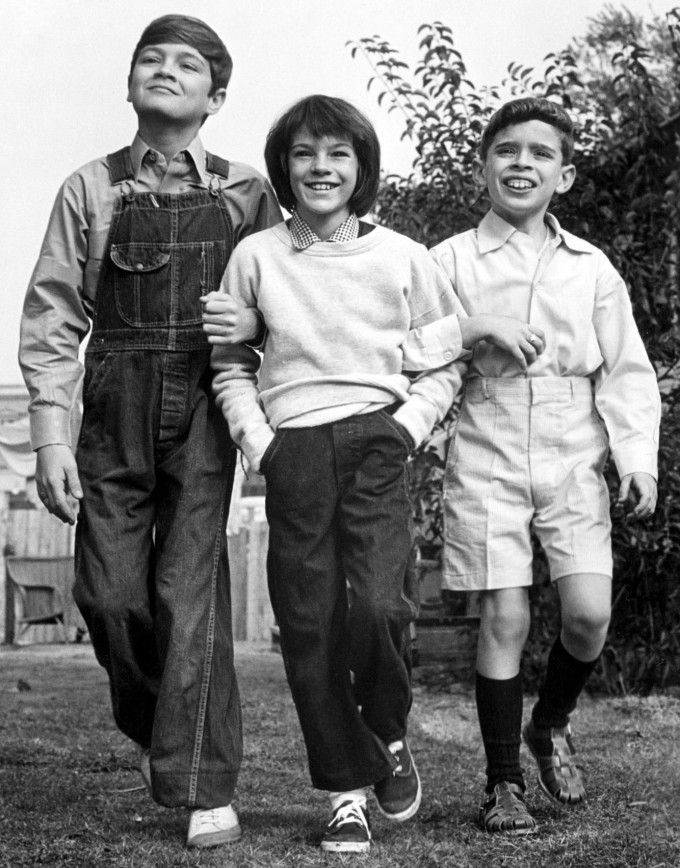"The Journaled Poems of Atticus Finch: Summer 1935"
There's a lot of ugly things in this world.
White men cheat black men all the time,
he [Bob Ewell] is out of his mind,
The jury couldn't be expected to take Tom Robinson's words over the Ewell's
The jury couldn't be expected to take Tom Robinson's words over the Ewell's
But they're still our friends and this is still our home.
I’m no idealist,
But in our courts, all men are created equal.
A defendant’s entitled to the shadow of a doubt.
You never really understand a person until you consider things from his point of view.
I just hope that Jem and Scout come to me for their answers.
When a child asks you something, answer them.
"Don't say nigger, Scout. That's common."
I hope they trust me enough.
They're all I’ve got.
But despite this, I have nothing but pity in my heart.
I commented on: Aine's Blog
I commented on: Kezia's Blog
I commented on: Eamonn's Blog
I’m no idealist,
But in our courts, all men are created equal.
A defendant’s entitled to the shadow of a doubt.
You never really understand a person until you consider things from his point of view.
I just hope that Jem and Scout come to me for their answers.
When a child asks you something, answer them.
"Don't say nigger, Scout. That's common."
I hope they trust me enough.
They're all I’ve got.
But despite this, I have nothing but pity in my heart.
Mayella is the victim of cruel poverty and ignorance.
Stand in Bob Ewell's shoes for a minute.
Stand in Bob Ewell's shoes for a minute.
Ignorance.
I commented on: Aine's Blog
I commented on: Kezia's Blog
I commented on: Eamonn's Blog


